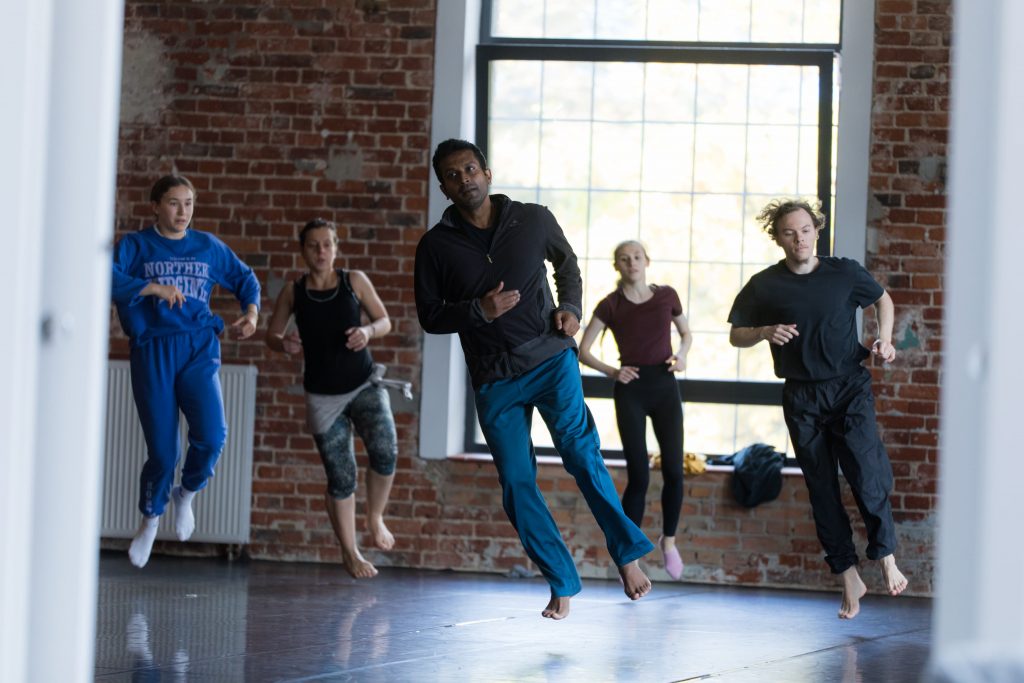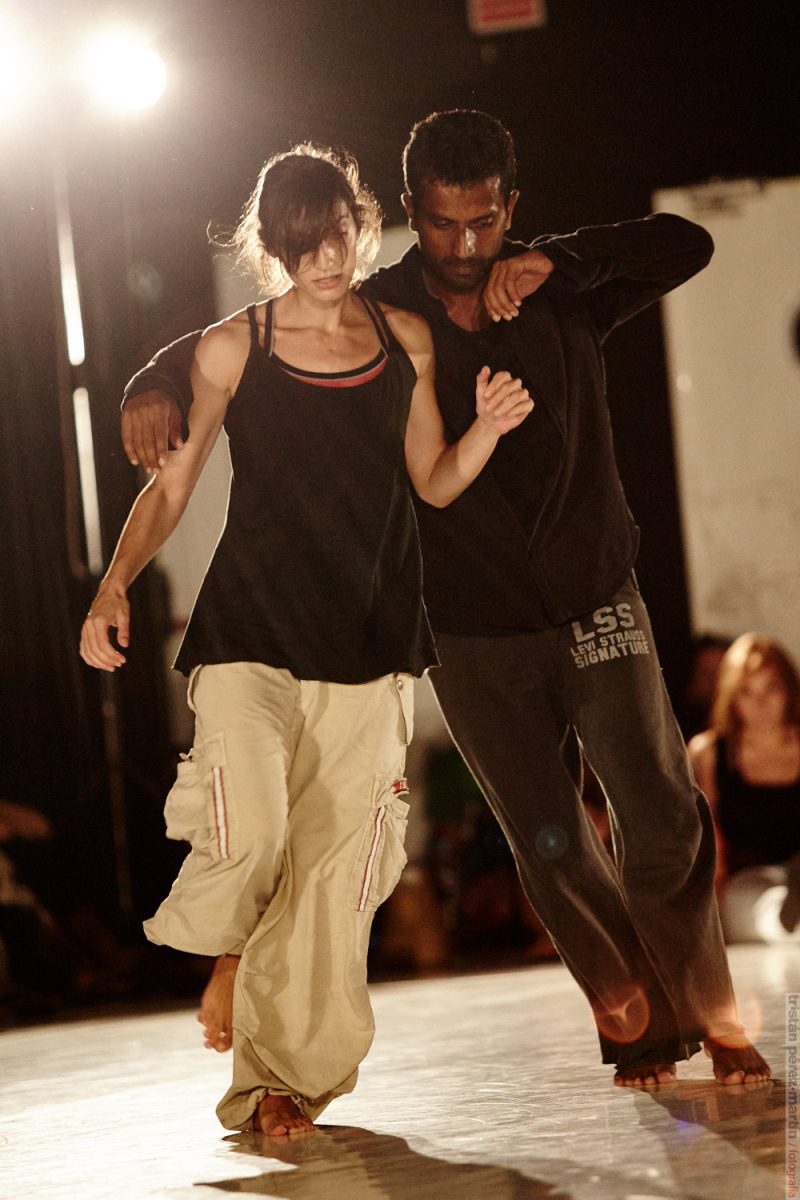Abhilash Ningappa
Contemporary for Dancers
05.08. – 09.08. 2024, 12:00–13:30
10.08. + 11.08.2024, 13:00–14:30
Training for Dancers
Bio
Abhilash Ningappa is the Founder and Artistic Director of Play Practice Artists Residency in India. He is a celebrated performer, choreographer, and teacher, recognized both nationally and internationally. Abhilash holds a postgraduation from SEAD (Salzburg) and a Post-Master’s from APASS (Belgium). With extensive training in yoga, kalari payattu, and contemporary dance, he integrates these disciplines into his dynamic workshops.
Over nearly two decades, Abhilash has significantly influenced the dance world, creating renowned works like “Architect of Self-Destruction” and “Persistence of Being.” He leads workshops such as “Embodying Critical Situations,” focusing on improvisation and composition. As a leader, he directs programs like the Play Practice Apprenticeship and the India Contact Festival, fostering global artistic collaboration.
Abhilash has taught and collaborated internationally at prestigious institutions and festivals in Belgium, Germany, Prague, Hong Kong, Spain, Canada, the United States, Poland, Denmark, Italy, Dublin, Estonia, and Austria. His contributions continue to inspire and shape the global dance community.
Class description
The “Embodying Critical Situations” workshop integrates principles of martial arts with improvisation and composition techniques to help dancers explore movement possibilities and reignite their creativity. Each session begins with a warm-up and transitions into various movement practices inspired by martial arts and contemporary dance, culminating in improvisation exercises. The workshop emphasizes the relationship between sensorial perception, memory, and early life experiences, as well as fundamental elements such as breath, speed, and energy and their influence on the body’s core structure. Participants engage with their environment and each other, expressing themselves in scenarios involving confrontation and response, creating scores that provoke movement and emotions. This approach aims to disconnect the mind from the body, allowing dancers to observe and react to incidents, ultimately fostering a deeper understanding of movement as a reflection of accumulated experiences.


